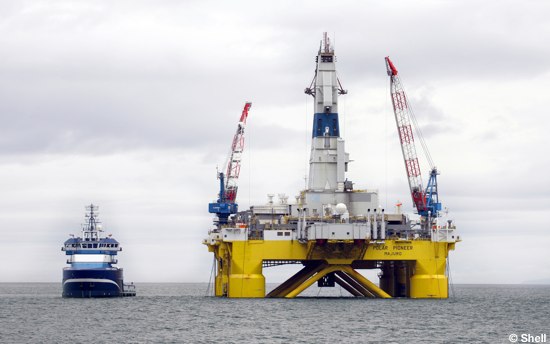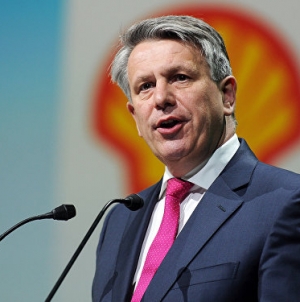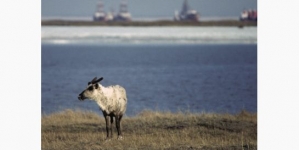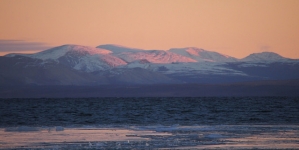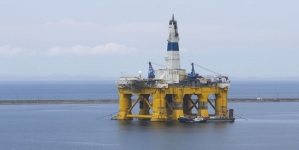-
Tips for becoming a good boxer - November 6, 2020
-
7 expert tips for making your hens night a memorable one - November 6, 2020
-
5 reasons to host your Christmas party on a cruise boat - November 6, 2020
-
What to do when you’re charged with a crime - November 6, 2020
-
Should you get one or multiple dogs? Here’s all you need to know - November 3, 2020
-
A Guide: How to Build Your Very Own Magic Mirror - February 14, 2019
-
Our Top Inspirational Baseball Stars - November 24, 2018
-
Five Tech Tools That Will Help You Turn Your Blog into a Business - November 24, 2018
-
How to Indulge on Vacation without Expanding Your Waist - November 9, 2018
-
5 Strategies for Businesses to Appeal to Today’s Increasingly Mobile-Crazed Customers - November 9, 2018
Shell halts offshore oil and gas exploration in Alaska
Rex A. Rock Sr. with the Arctic Slope Regional Corp. said the news that Royal Dutch Shell is ceasing exploratory drilling in the Arctic is a major blow for Alaska. The Associated Press said the company will eat $7 billion on the venture and is still on the hook for $1.1 billion in contracts. The public and conservation groups have long opposed drilling in the Arctic – where an oil spill would be impossible to clean up – and have criticized the Obama administration’s approval of Shell’s permits. Royal Dutch Shell had repeatedly highlighted the enormous hydrocarbon potential of the Arctic, but revealed that it had been surprised by the mounting opposition it faced.
Advertisement
“Shell and other oil and gas companies do not have a good track record when it comes to environmental safety”.
– The announcement came as the company reported disappointing results at its exploratory well in the Chukchi Sea. It was the first well, and only well in the foreseeable future, in Shell’s US$1 billion Arctic drilling program.
There has been doubt expressed from within Shell’s own leadership, as Ben van Beurden Shell’s CEO is reportedly anxious that Arctic drilling would damage the company’s stance on climate change.
Opponents point to the treacherous conditions of the Arctic and the possibility of irreparable harm to the region’s delicate ecosystem in the event of an accident, as well as the overarching threat of climate change from the burning of fossil fuels like oil and gas.
“Big oil has sustained an unmitigated defeat”, said John Sauven, executive director at Greenpeace UK.
Environmental groups, who had staged media campaigns aimed at tarnishing Shell’s reputations and tried unsuccessfully to block Arctic-bound vessels with a string of kayaks, delighted in Shell’s disappointment. Shell’s share price has fallen by around a third over the past year as oil prices have fallen by half, to about $45 a barrel.
In June, new research from University of Alaska, NOAA and Woods Hole Oceanographic Institution noted that the surface waters of Alaska’s Beaufort and Chukchi seas are increasing in acidity and could threaten shell-building animals (mollusks, crustaceans, etc.) by 2030.
For Shell, it’s an acknowledgment that plummeting energy prices have made even the world’s most promising exploration projects financially hard.
The company said its decision to walk away from Alaska is based on the disappointing results of the well, along with high costs and a “challenging and unpredictable” USA regulatory environment.
Advertisement
Shell (RDS.A) had dig the Burger J well about 6,800 feet down, and considered the exploration would pay off because of its location in a basin that it assumed had the qualities that signal an important pool of petroleum.
